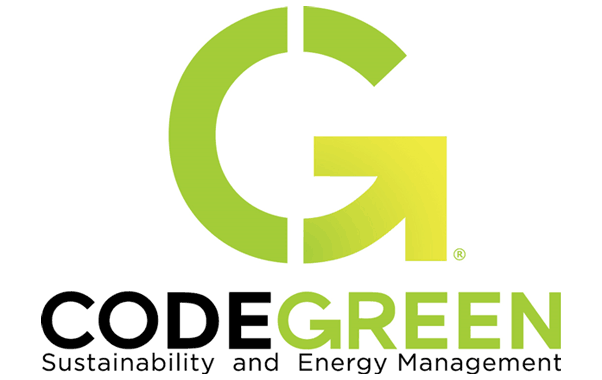Code Green Solutions


The investment landscape for clean energy becomes more crowded each year. For years utilities have been the dominant purchaser of large-scale PPAs, initially driven by the proliferation of Renewable Portfolio Standards and more recently by the favorable economics of clean energy. The emergence of corporations as a key driver of market demand for large-scale clean energy PPAs is already changing the game for project developers. What can we expect to see in the future?
Source: RMI
Corporations are becoming a dominant market force in clean energy investment
When corporate behemoths such as Microsoft, Google, Apple, GM and Walmart decide to put their capital to work in solar, it merits some attention. By the end of 2015, corporations have signed PPAs for over 2 GW of off-site wind and solar projects. That was nearly a doubling compared to 2014. Apple recently claimed that 94% of its operations are currently powered by clean energy.
Why, you may ask? As the value proposition of solar has solidified, corporations are increasingly buying into the mantra of “doing well by doing good.” So it seems that marrying the corporate sustainability aspirations with solid business fundamentals is elevating investing in clean energy to the status of no-brainer.
Obstacles still in the way of the expanding corporate clean energy PPA market
There are a slew of roadblocks in the corporate market for renewables, as evidenced by claims such as the Rocky Mountain Institute’s assertion that only one of every five to ten deals that are attempted gets fully realized. The complexity of large-scale transactions often leads to high transactions costs, even with most contracts structured as PPAs.
Contract negotiations can become protracted as corporate managers try to establish procurement processes to account for this shift in how power is bought and sold, especially in cases with virtual PPAs or aggregated purchases across multiple corporations. A case in point is Kaiser Permanente, which recently completed an 18-month due diligence process for two PPAs. Potential revenue from RECs and whether the project qualified for tax credits were make-or-break issues. Even with the ITC passed, changes to net metering and REC markets could slow corporate due diligence processes, especially for new entrants.
Virtual PPAs can dramatically improve project economics for sophisticated developers
Physical PPAs, wherein power is generated from a specific project portfolio sold to an off-taker, can only work in deregulated markets that allow for IPPs to sell power directly to non-utility customers. Regulated markets tend to have much stricter rules on who can sell power. In this case, virtual PPAs (VPPAs) are an interesting workaround that allow purchasers, particularly ones with highly distributed loads such as retail stores, to enter into a contract to buy power from a project portfolio that can be physically located anywhere. The corporation would still be powered by grid electricity, but would have a long-term PPA for clean energy as a hedge against rate increases.
In a recent VPPA deal, Yahoo received the RECs and other environmental attributes from a large-scale wind farm. Under the VPPA structure, project developers can tap into a much broader spectrum of potential off-takers, which helps to mitigate price risk for potential project investors.
All of these obstacles seem eminently surmountable with a host of corporate giants paving the way for an explosion of corporate clean energy investment. The question remains as to just how quickly the market for corporate clean energy PPAs can expand beyond the handful of pioneering Fortune 500 companies.
##
Article via IronOak Energy Insights